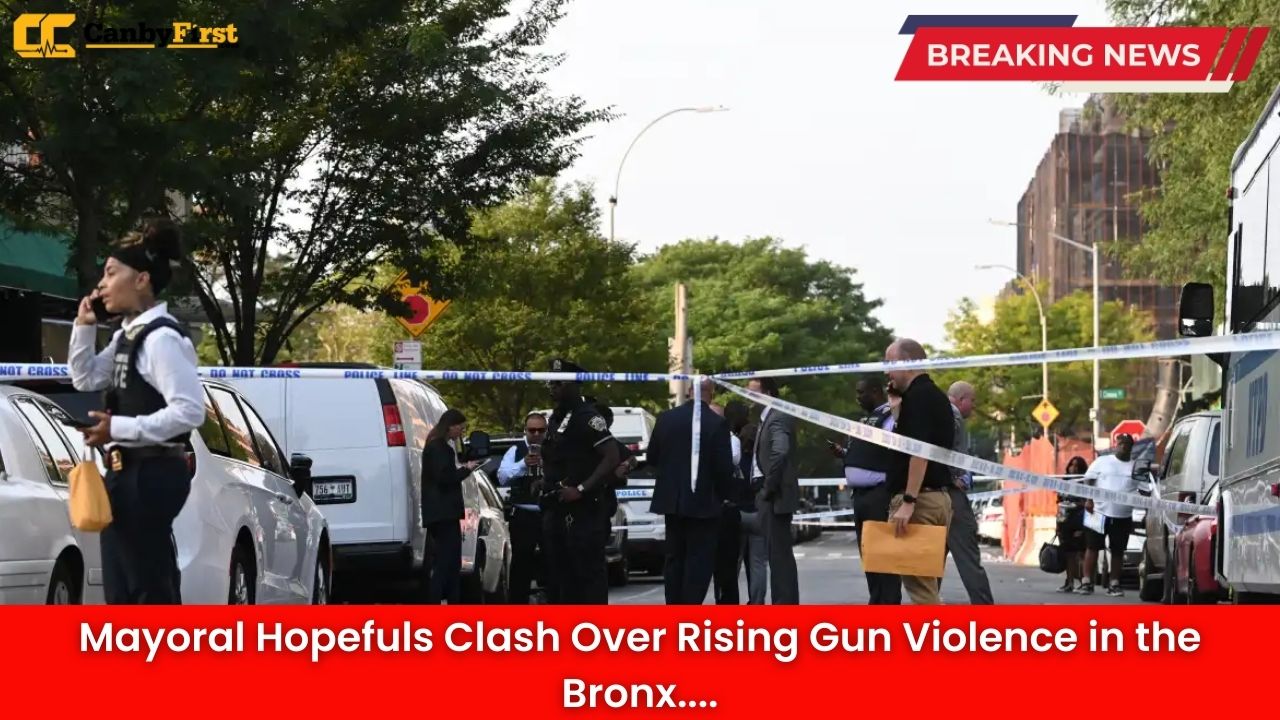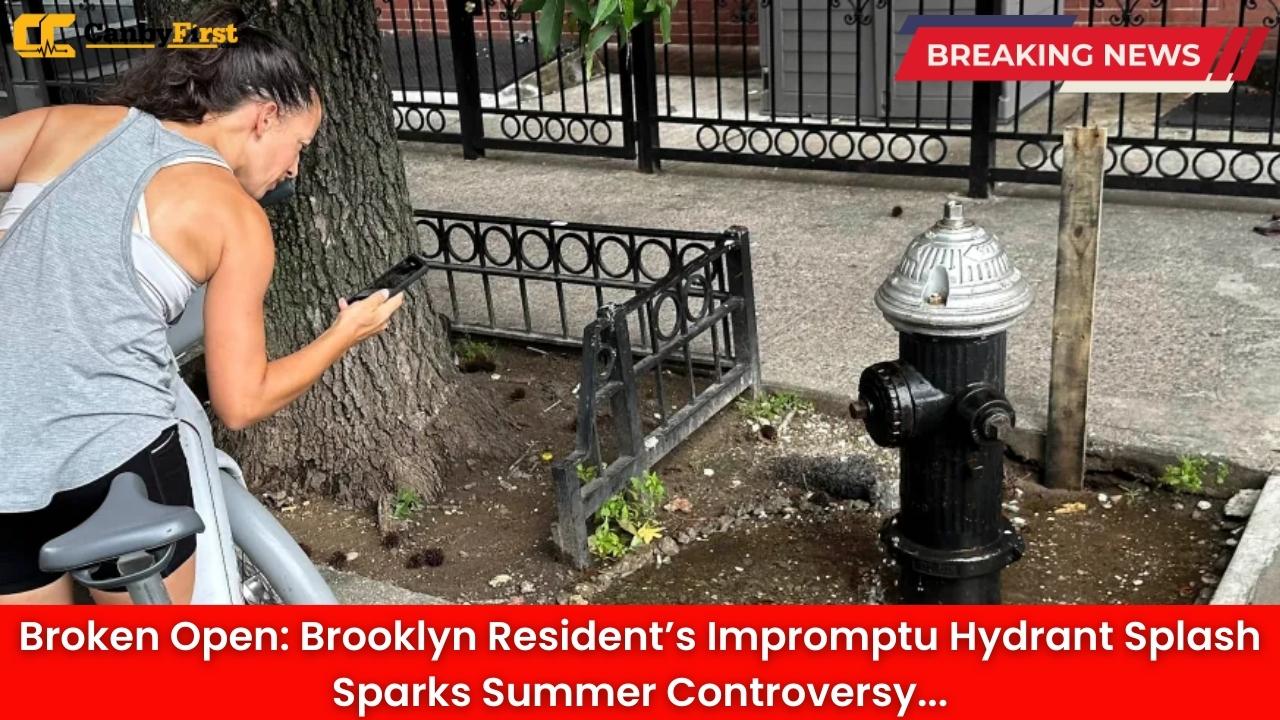EAST RUTHERFORD, NEW JERSEY: The American Dream mall, one of North America’s largest shopping complexes, is facing a significant legal challenge after officials from the Borough of Paramus filed a lawsuit claiming the retail giant has violated Bergen County’s centuries-old blue laws by selling clothes and other non-essential items on Sundays.
Legal Challenge Emerges
The lawsuit, filed in Bergen County Superior Court on Monday, August 26, 2025, alleges that approximately 120 retail stores within the sprawling 3 million-square-foot entertainment and shopping complex have repeatedly violated state law by conducting Sunday sales since January. According to court documents, these businesses have broken the law “hundreds if not thousands of times” over the past eight months.
The legal action targets Ameream, the Delaware LLC that owns the mall, along with the borough of East Rutherford and the New Jersey Sports and Exposition Authority, which owns the land where the complex sits. The lawsuit seeks to declare the American Dream mall a public nuisance and demands that defendants ensure compliance with the law.
Blue Laws Explained
Bergen County’s blue laws trace their origins back to 1798, when New Jersey’s “Act to Suppress Vice and Immorality” was enacted. These regulations, originally rooted in religious practices to promote Sunday as a day of rest, specifically prohibit the sale of clothing, wearing apparel, building materials, furniture, home furnishings, and household appliances on Sundays.
The penalties for violations are substantial. Under New Jersey Revised Statutes Section 40A:64-1, violators face fines ranging from $250 for first offenses to up to $5,000 for repeat violations, with potential jail time of up to six months for fourth and subsequent offenses. The law treats each individual sale as a separate violation.
Bergen County remains one of the last jurisdictions in the United States to actively enforce such restrictions. County voters have consistently supported maintaining these laws, rejecting repeal efforts in both 1980 and 1993 by substantial margins. The 1993 referendum was defeated by a two-to-one margin countywide.
Competing Claims
American Dream’s management has strongly contested the allegations, arguing that the blue laws do not apply to their operation because the complex sits on state-owned property. A spokesperson for the mall dismissed the lawsuit as “a meritless political stunt driven by private competitors’ interests,” emphasizing that retail sales have occurred on Sundays at the Meadowlands site for decades.
The mall’s position is that Bergen County’s blue laws do not extend to state property, where American Dream is located alongside MetLife Stadium, home to the NFL’s Giants and Jets. The complex has operated its entertainment attractions on Sundays since opening in 2019, but retail stores began opening on Sundays approximately one year ago.
Broken Promises Alleged
Paramus Mayor Christopher DiPiazza and Bergen County Executive Jim Tedesco have both expressed strong disappointment with American Dream’s Sunday operations, claiming the mall broke previous commitments to honor the blue laws.
“They broke that promise,” Tedesco stated. “Their decision to operate retail on Sundays not only violates state statute, it gives them an unfair advantage over every other business in Bergen County that is following the law.”
According to a transcript from a 2011 public hearing, Tony Armlin, then vice president of development and construction for mall owner Triple Five, acknowledged that the laws “prohibit our ability to have retail activities on Sundays.” Tedesco claims that mall operators “personally assured” him before opening that retailers would remain closed on Sundays.
Economic Impact and Competition
The dispute has created significant tension in Bergen County’s retail landscape. Local business owners argue that American Dream’s Sunday operations provide an unfair competitive advantage while other retailers must comply with the blue laws and remain closed.
Emilio Ortega, manager of Bambi Baby in Paramus, expressed frustration about the situation, noting that his business must stay closed on Sundays while facing competition from American Dream’s open stores. “We follow the laws to stay closed. But we do have competition at American Dream Mall that is open,” he explained.
The controversy affects one of the nation’s premier shopping destinations. Bergen County is home to numerous major retail centers, including luxury boutiques at the Shops at Riverside, outlet stores at Bergen Town Center, and the sprawling Westfield Garden State Plaza. American Dream, as the second-largest mall in the United States, significantly impacts regional commerce.
Quality of Life Concerns
Supporters of the blue laws argue they serve important quality-of-life purposes beyond their historical religious origins. Bergen County officials maintain that the Sunday shopping ban helps reduce traffic congestion on heavily traveled routes like Route 4 and Route 17, provides retail workers with guaranteed time off, and offers residents respite from the noise and crowds that characterize weekend shopping.
“The blue laws have been in effect in Bergen County since the 1950s to give our citizens one day of rest from the traffic jams, noise pollution and accidents that are a nightmare on Saturdays and long weekends,” explained former Bergen County Executive Dennis McNerney during previous discussions about the laws.
Legal Precedent and Enforcement
The U.S. Supreme Court ruled in 1961 that Sunday sales prohibitions are constitutional, upholding states’ rights to create laws requiring a day of rest. However, enforcement has become increasingly rare across the country, with most jurisdictions either repealing these laws or choosing not to enforce them.
Bergen County’s blue laws include numerous exceptions, permitting Sunday sales of groceries, medications, gasoline, newspapers, prepared foods, and emergency automotive repairs. Entertainment venues, restaurants, and recreational activities are also allowed to operate.
The current legal challenge may test whether state property exemptions override local blue law enforcement, a question that could have broader implications for similar situations across New Jersey.
Moving Forward
As the lawsuit proceeds through Bergen County Superior Court, both sides are preparing for what could be a lengthy legal battle. The case raises fundamental questions about local versus state authority, the relevance of centuries-old laws in modern commerce, and the balance between economic competition and community standards.
American Dream continues to operate its Sunday retail hours while the legal process unfolds, maintaining its position that the laws do not apply to state property. Meanwhile, Paramus officials and their allies are seeking judicial intervention to level what they see as an uneven playing field in Bergen County’s retail landscape.
The outcome of this case could determine whether one of America’s largest shopping centers will continue its Sunday operations or be forced to comply with local restrictions that have governed Bergen County commerce for over two centuries.














Leave a Reply